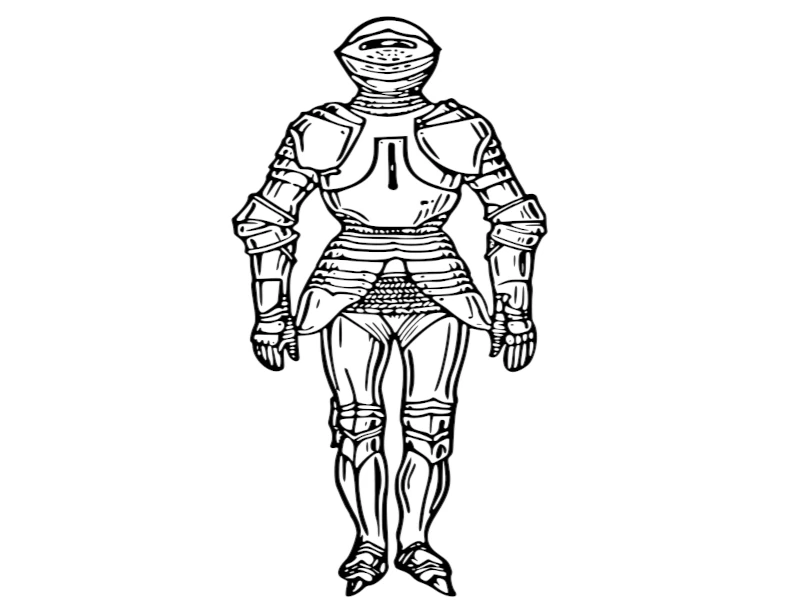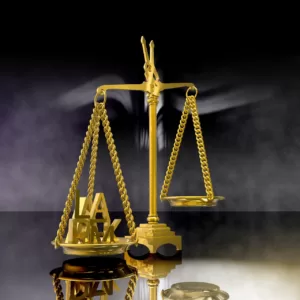In India the present position is that the statute binds the State or Government unless expressly or by necessary implication it has exempted or excluded from its operation. In case the State has been exempted from the operation of the statute expressly, there is no difficulty in ascertaining whether the statute is binding on the State or not but it becomes a difficult issue in case where the State is exempted from the operation of the statute by necessary implication. However, where the statute provides for criminal prosecution involving imprisonment, the statute is deemed to be excluded from the operation of the statute necessary implication.
Privileges and Immunities under the Civil Procedure Code, 1908
Section 80 (1) Civil Procedure Code, 1908 provides that no suit shall be instituted against the Government or against a public officer in respect of any act purporting to be done by such public officer in his official capacity, until the expiration of two months next after notice in writing has been delivered in the manner provided in the section. The section is mandatory and admits of no exception. However, it is to be noted that if a public officer acts without jurisdiction, the requirement of notice is not mandatory.
Its object appears to provide the Government or the public officer an opportunity to consider the legal position thereon and settle the claim without litigation. The Government may waive the requirement of notice; the waiver may be express or implied. The requirement of notice causes much inconvenience to the litigants especially when they seek immediate relief against the Government.
To minimize the hardships to the litigants a new Clause 20 was inserted in S.80-of the C.P.C by the Civil Procedure Code Amendment Act, 1970. The clause provides that the Court may grant leave to a person to file a suit against the Government or a public officer without serving the two-month’s notice in case where relief claimed is immediate and urgent. Before granting this exemption the Court is required to satisfy itself about the immediate and urgent need.
It is to be noted that S.80 of the C.P.C does not apply to a suit against a statutory Corporation.
Consequently in case the suit is filed against the statutory Corporation. Consequently, such notice is not required to be given in cases the suit is filed against statutory Corporation. S.80 does not apply with respect to a claim against the Government before the claim Tribunal under the Motor Vehicle Act. S.80 of the C.P.C. does not apply to a writ petition against the Government or a public officer, the requirement of notice as provided under S.80 of the C.P.C is not required to be complied with. S.82 of the C.P.C. also provides privilege to. the Government. According to this section where in a suit by or against the Government or the public officer, a time shall be specified in the decreed within which shall be satisfied and if the decree is not satisfied writing the time so specified and within three months from the date of decree.
Privileges under the Evidence Act (Privileges to withhold documents).
In England the Crown enjoys the privilege to withhold from producing a document before the Court in case the disclosure thereof is likely to jeopardize the public interest. In Duncon v. Cammel Laird Co. Ltd. (1942 AC 624)The Court held that the Crown is the sole judge to decide whether a document is a privileged one and the court cannot review the decision of the Crown. However, this decision has been overruled in the case of Conway v. Rimmer. ( 1968 AC 910) In this case the Court has held that it is not an absolute privilege of the Crown to decide whether a document is a privileged one. The court can see it and decide whether it is a privileged one or not.
In India Section 123 provides that no one shall be permitted to give any evidence derived from unpublished official records relating to any affair of State except with the permission of the officer at the Head thinks fit. Only those records relating to the affairs of the State are privileged, the disclosure of which would cause injury to the public interest. To claim this immunity the document must relate to affairs of state and disclosure thereof must be against interest of the state or public or public service.
The section is based on the principle that the disclosure of the document in question would cause injury to the public interest And that in case of conflict between the public interest and the private interest, the private interest must yield to the public interest.
The Court has power to decide as to whether such communication has been made to the officer in official confidence. For the application of S.124 the communication is required to have made to a public officer in official confidence and the public officer must consider that the disclosure of the communication will cause injury to the public interest.
According to S.162 a witness summoned to provide a document shall, if it is in his possession or power, bring it to the Court, not with outstanding any objective which there may be to its production or to its admissibility. The Court shall decide on the validity of any such objection. The court, if it sees fit, may inspect the document, unless it refers to the matters of State or take other evidence to enable it to determine on its admissibility. If for such purpose it is necessary to cause any document to be translated the Court may, if it thinks fit, direct the translator to keep the contents secret, unless the direction, he shall be held to have committed an offence under S.166 of the Indian Penal Code.
Section 162 applies both public and private document.
In the case of S.P. Gupta v. Union of India ( AIR 1982 SC 149) The question in the present case was whether the correspondence between the Law Minister and these Chief Justices ought to be produced in the Supreme Court, so, as to enable the court to judge the question of validity of the non-continuance of an Additional Judge in the Delhi High Court. The government opposed the production of these reports on the ground that their disclosure would injure public interest under Section 123 of the Indian Evidence act. But the Supreme Court ruled otherwise. The case is a definite evidence of court’s attempt to promote the ideal of open Government in India. If process and functioning of Government are kept shrouded in secrecy and hidden from public scrutiny, it would tend to promote and encourage oppression, corruption and misuse or abuse of authority. The decision has opened a new dimension of judicial control over the exercise of privileges under Sections 123 by the executive. The Court now has assumed the power of inspection of documents in camera and if it finds that it’s disclosure would harm the public interest , the claim for non disclosure might be upheld.
Immunity from Promissory Estoppel
Estoppel is a rule whereby a party is precluded from denying the existence of some state of facts, which he had previously asserted and on which the other party has relied or is entitled to rely on Courts, on the principle of equity, to avoid injustice, have evolved the doctrine of promissory estoppels. The doctrine of promissory estoppel or equitable estoppel is firmly established in administrative law. The doctrine represents a principle evolved by equity to avoid injustice. Application of the doctrine against government is well established particularly where it is necessary to prevent manifest injustice to any individual. The doctrine within the aforesaid limitations cannot be defeated on the plea of the executive necessity or freedom of future executive action. The doctrine cannot, however, be pressed into aid to compel the Government or the public authority “to carry out a representation or promise.
- Which is contrary of law
- Which is outside the authority or power of the officer of the Government or of the public authority to make
It is to be noted that Estoppel cannot be pleaded against a minor or against statute.



